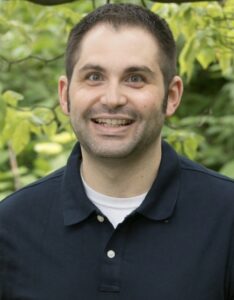
With October being Attention-Deficit/Hyperactivity Disorder (ADHD) Awareness Month, it seems like a good time to think about how to help children and teens be better organized and more independent. While this is something that many individuals with ADHD struggle with, these strategies are likely to be helpful to most children and teens whether or not they have ADHD.
- Help children and teens to use strategies that they can rely on themselves as opposed to parent reminders when possible. On a practical level, if a child uses an Amazon Echo, tablet, smartphone, or computer notifications to get reminders to start their homework, brush teeth, or do other things, these are all tools they can use on their own as they grow up. Similarly, using visual checklists and other non-tech tools can be helpful. The key is getting your child or teen on board with using strategies and helping them set items up if needed.
- Help your child or teen develop tools that fit as naturally as possible into what they are already doing. For example, if your teen remembers to brush their teeth, but struggles with using their acne cream, pair the two together (just don’t have them use the cream to brush their teeth). Specifically, keep the cream next to the toothbrush so that the visual cue prompts them to use it when they brush their teeth.
- Reduce shifts in attention/activities to enable better follow through. For instance, if your child forgets to put the milk away after putting it in their cereal for breakfast, here is a tip (which works for adults too). Once you take the milk out of the refrigerator, do not let it out of your hand until it is put back where it belongs (i.e., in your refrigerator). The same strategy could be used for a comb/hair brush, stapler, hole punch, or countless other items that can easily go missing at home.
- Structure time. Have you had a weekend with very few things to do, yet it is difficult to get yourself (or your child or teen) to complete a few small tasks that would hardly take any time at all? By creating a structured schedule (even with lots of planned times to relax), it can make it easier to follow through on getting things done.
Each person is different in what works for them. Therefore, I hope that these strategies are a good launching off point towards helping your child or teen (and yourself) improve organizational skills.
Copyright 2021 Carey A. Heller, Psy.D.
Here are some additional resources that might be helpful:
- Practical Parenting Strategies with Dr. Heller
- ADHD Topic Expert Articles
- CHADD
- Dr. Heller’s ADHD Related Articles
- Fidgeting to Improve Focus




Comments are closed.